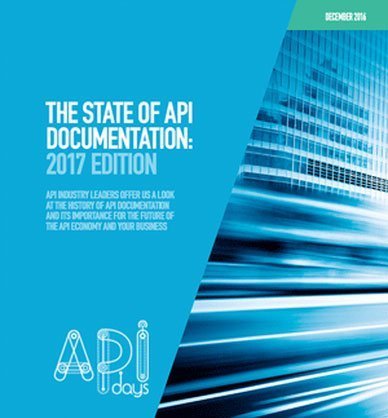
Ali Bouhouch, CTO & VP of Enterprise Architecture of SEPHORA talked in his APIdays session about the “Anatomy of an API Transformation Journey”, starting with early experimentations with isolated projects, to standardizing on an API Management Platform to using APIs to drive AI/ML adoption throughout the enterprise.

What are the drivers of your API strategy?
API is not something new, but the way to build them has changed. What we see now is a multiplication of collaborative APIs. Our drivers are the business needs to innovate, to stay relevant by introducing new products and services, with speed through short development cycles to gain first mover advantage, agility in the form of a sustainable flexibility and responsiveness in the face of constant change. Because the only constant is change, and in a world of change the old models do not work. Share and monetize digital assets (data, business logic, algorithms and models) make them valuable for your business, and API is a way to shrink digital assets to make them usable.
What were the first steps and ground rules of your API journey?
Our API journey started with internal APIs for enterprise reuse. We also wanted to make sure data is used with integrity, synchronized, synched. And to offer consistent experience for customers across channels, because customers don’t like to be confused. We also wanted to change the way we do software development, to simplify dev and testing (stop long regression tests), ease deployment, and enable monitoring. Managing technology complexity is also increasingly important and operating more efficiently. This needs to be applied to more than just POCs or IT initiatives and it implies to better leverage external partners for scale and innovation. That is why you need to expose your digital assets as APIs.
What is the current state of APIzation at Sephora?
We now expose 50 API and have set up API management, with Apigee (then a small company, now part of Google). APIs now make it easier to drive scale and collaboration with our partners, for instance to include electronic signature, and to accelerate our time to market. In fact, the first steps for the creation of APIs is with the contracts, this makes it easier because everyone works from its shop and monetize its digital assets, make its data available for monetary value. The next step is to build an API ecosystem, with open API (robust, mature, highly secure) to drive a different level of innovation.
What are the challenges to the adoption of APIs?
It is important to adopt a new mindset, be patient and persistent. You need new skill sets, and to think about what is behind the API, the services. For instance, skills for service design at the granular level, scalable, and at the interface level. You also need to think about “contracts” first for SOA and microservices. And do not underestimate the importance of DevOps for the separation of concerns, meaning you want to separate service development and security. So be open to work in cross disciplinary teams. You also need an API management platform, service mesh, automated CI/CD pipeline (continuous integration / delivery). You will have to think how to do product management differently. One useful book I recommend for this is “API product management” by Andrea Zulian and Amancio Bouza.
What are the good questions to ask to build an API strategy?
To do API well, spend time to build your strategy. Ask fundamental questions like “Why use API in my organisation ? With my ecosystem ? What is the desired outcome : agility, speed, collaboration ? And how do I bring EVERYBODY along ? How do I do change management ?”
Because it is not just a technology change but a people change. You need to have people to manage change to not let people behind and finish this journey alone. Start very small, fail fast, rest and repeat ! And build your ecosystem. APIs make sense only with an ecosystem. Look for API champions in your ecosystem. Cultivate partnerships with API and platform leaders, sponsor community events and hackathons. Don’t do this journey on your own. As an example, at Sephora we did one hackathon, and in two days we had treated three fundamental problems, and the way people used our APIs amazed us.
Written by Séverine Godet
This article first appeared on Medium.









